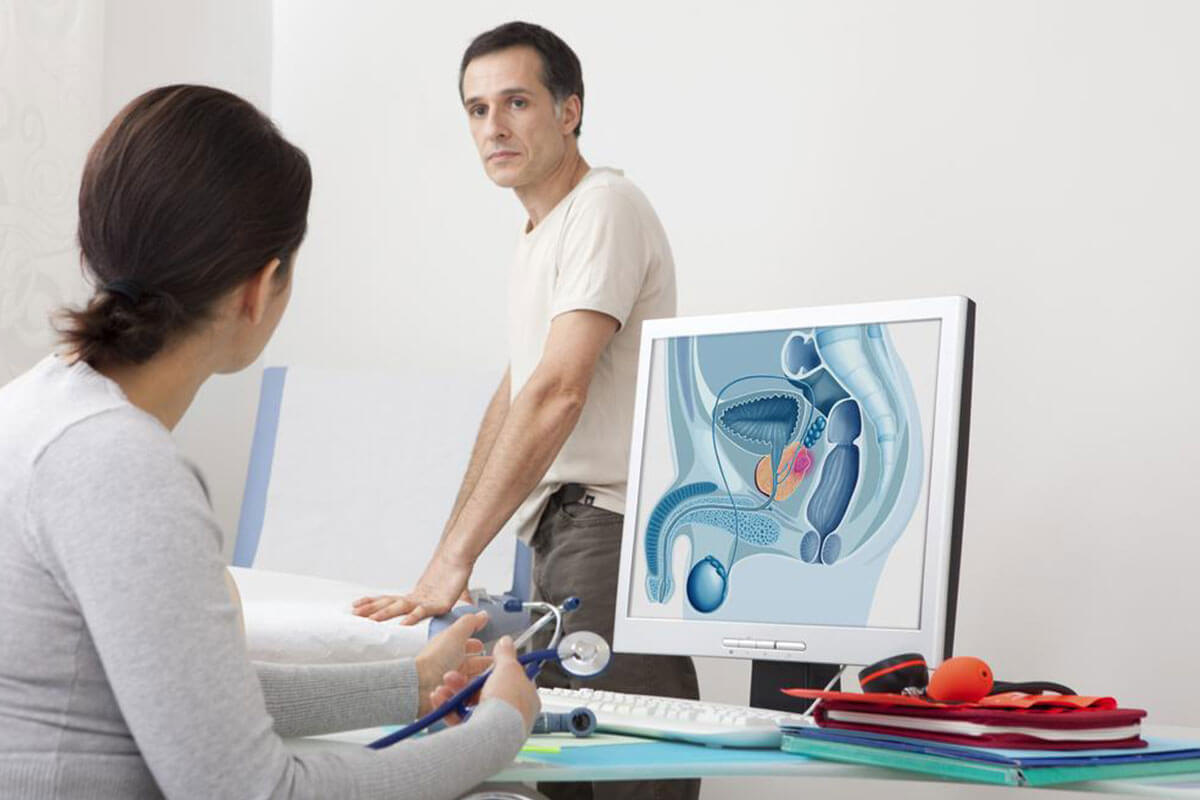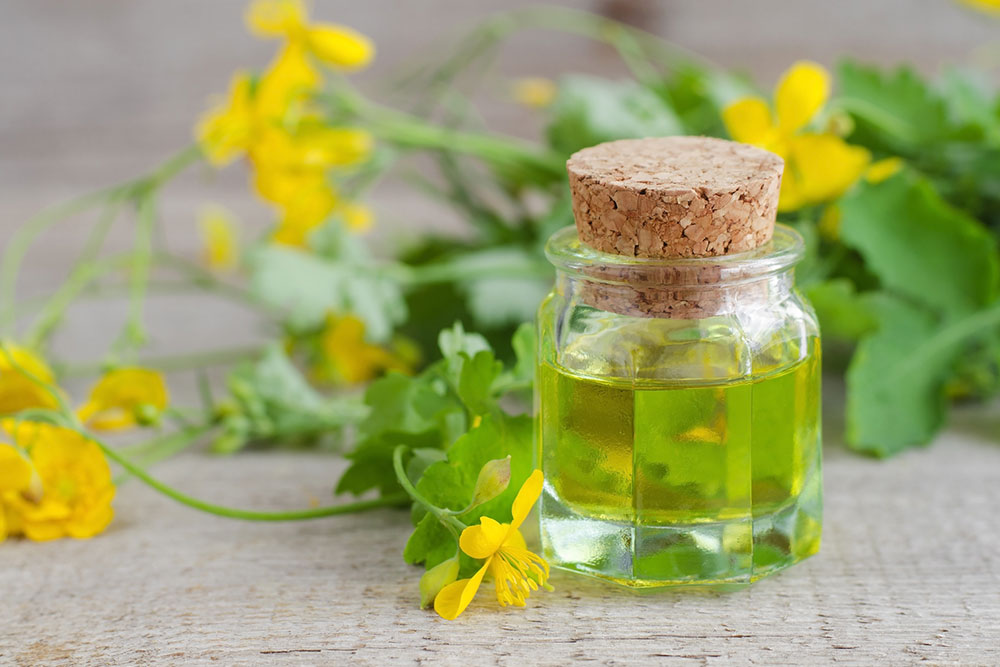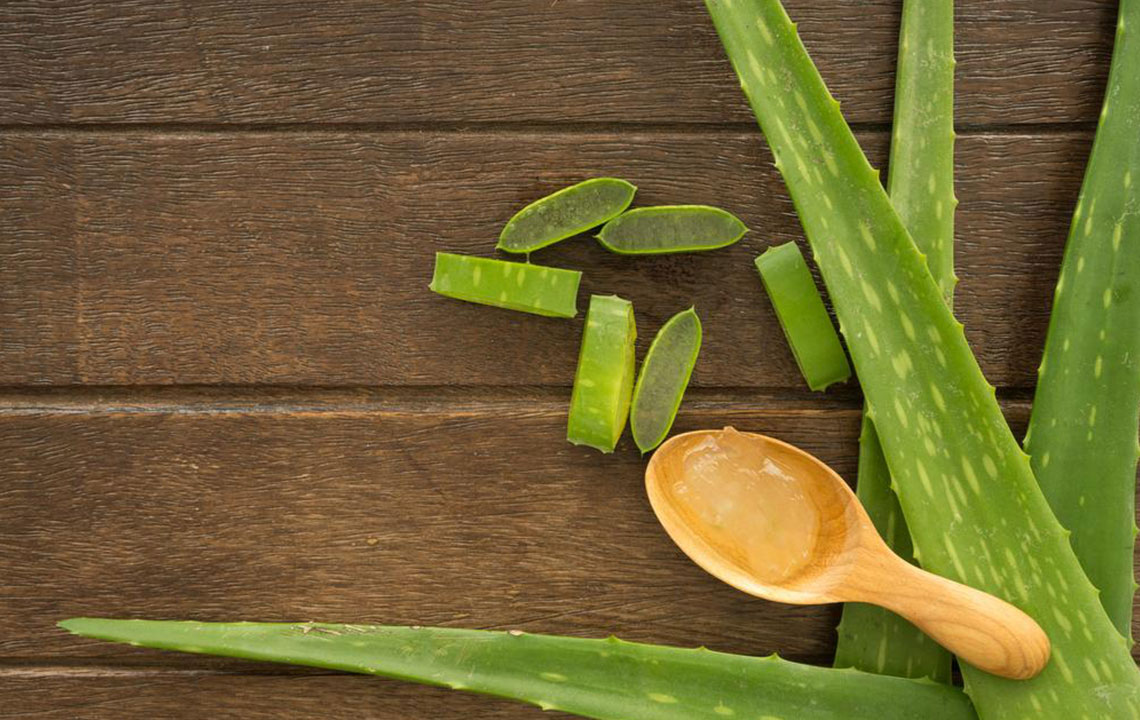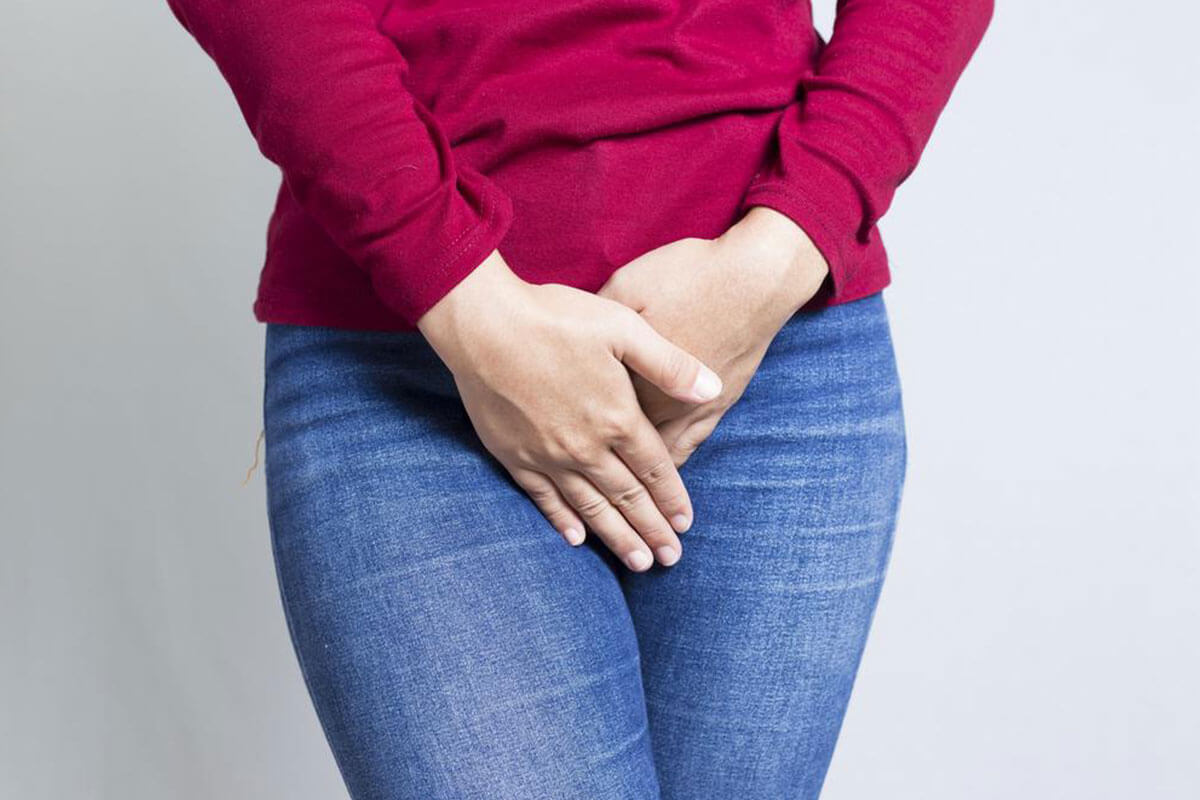Comprehensive Guide to Enlarged Prostate: Causes, Symptoms, and Natural Relief Strategies
This comprehensive guide explores the causes, symptoms, and natural remedies for prostate enlargement, emphasizing the importance of early detection and holistic management. It provides detailed dietary tips, herbal treatments like saw palmetto and pygeum, and lifestyle modifications to promote prostate health. Learn how natural strategies can help alleviate symptoms, improve urinary function, and support long-term well-being. Consulting healthcare professionals is crucial for safe and effective treatment. This article is an invaluable resource for men seeking natural ways to manage BPH and maintain urinary health as they age.
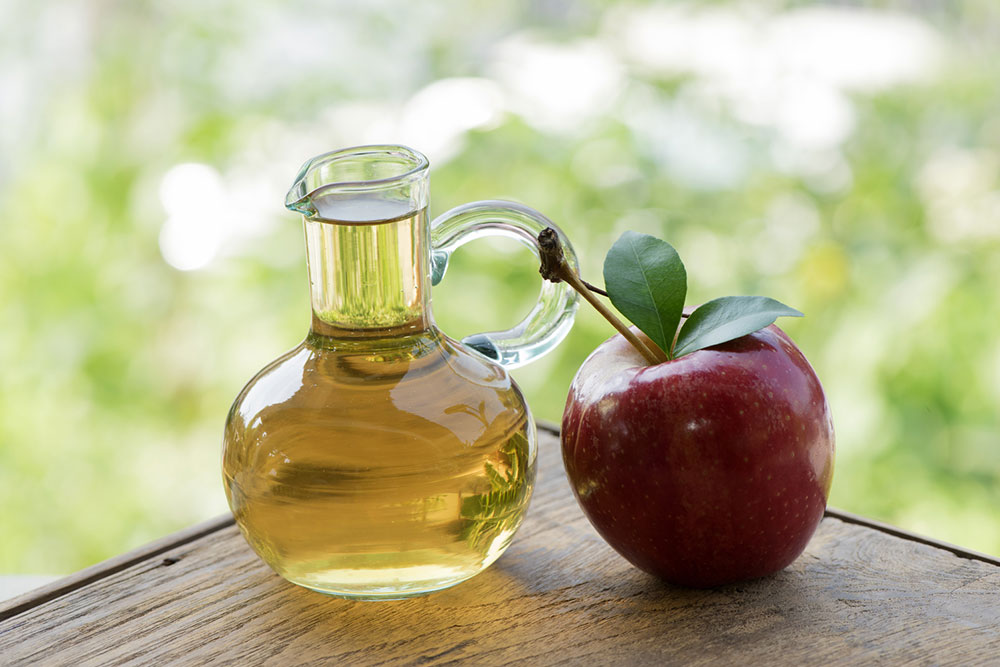
Comprehensive Guide to Enlarged Prostate: Causes, Symptoms, and Natural Relief Strategies
The prostate gland, a vital component of the male reproductive system, is a small, walnut-shaped organ that plays an essential role in semen production. As men age, the prostate commonly enlarges, a condition medically known as Benign Prostatic Hyperplasia (BPH). This age-related change can significantly affect daily life, especially regarding urinary function. Studies show that nearly half of men in their 60s experience some level of prostate enlargement, and the likelihood increases with age, with over 85% of men in their 80s affected. Recognizing the early signs and understanding natural management options can help improve quality of life and prevent complications.
Understanding the Causes Behind Prostate Enlargement
Despite being a common condition among aging men, the exact reasons why the prostate enlarges remain a subject of ongoing research. Theories suggest that hormonal shifts, particularly involving dihydrotestosterone (DHT), a derivative of testosterone, play a significant role. As men grow older, testosterone levels tend to decline, but DHT levels may remain elevated, contributing to prostate cell proliferation. Additionally, hereditary factors can influence susceptibility, meaning that family history may increase the risk.
Other factors like inflammation, metabolic syndrome, obesity, and certain lifestyle choices may also be involved in the development of BPH. Previous prostate surgeries or testicular issues could alter hormonal balance and impact prostate health. While researchers continue to explore these causes, current understanding emphasizes hormonal and age-related changes as primary contributors.
Recognizing the Symptoms of BPH
Early detection of prostate enlargement is vital for effective management. Symptoms often start subtly but tend to worsen over time if left untreated. Men experiencing difficulty urinating or changes in urinary habits should seek medical advice promptly. Common signs include:
Difficulty initiating urination or feeling that the bladder isn’t fully empty
Frequent urination, especially at night (nocturia)
Weak or interrupted urine stream
Urgent need to urinate with little warning
Dribbling or leakage after urination
Pain or burning sensation during urination
Blood in urine
These symptoms can significantly impact daily life, leading to discomfort, sleep disturbances, and potential complications like urinary tract infections or bladder stones. Therefore, early diagnosis and management are crucial.
Natural and Lifestyle Strategies to Manage Enlarged Prostate
While medication and surgical options are available, many men prefer natural approaches to manage symptoms and promote prostate health. Adopting a healthy lifestyle can play a pivotal role in alleviating BPH symptoms and improving overall well-being.
Dietary Modifications for BPH Relief
Incorporating specific foods into the diet has shown promise in reducing prostate symptoms. Emphasizing nutrient-rich fruits and vegetables, particularly those high in antioxidants, can combat prostate inflammation and cell proliferation. Tomatoes, abundant in lycopene, have demonstrated protective properties against prostate enlargement. Other beneficial foods include leafy greens, berries, and foods rich in omega-3 fatty acids, such as salmon and walnuts. A balanced diet focusing on whole, unprocessed foods provides essential nutrients that support urinary and prostate health.
Herbal Remedies for Natural Prostate Support
Many herbs have been traditionally used to support prostate health and alleviate BPH symptoms. Some of these natural remedies have gained scientific support through clinical studies, though more research is still needed.
Stinging Nettle – This herb, native to Europe, has been used for centuries to treat urinary issues related to prostate enlargement. Its roots contain compounds that may inhibit inflammation andcell proliferation. In Europe, stinging nettle extracts are among the most popular herbal treatments for BPH, either alone or in combination with other herbs.
Pygeum – Extracted from the bark of the African plum tree, pygeum has a long-standing reputation for improving urinary flow and reducing nocturia. Clinical studies suggest that pygeum may decrease inflammation and enhance bladder function, making it a valuable natural option for BPH management.
Beta-Sitosterol – This plant sterol found in many fruits and vegetables helps improve urinary symptoms, such as stream strength and frequency. Beta-sitosterol works by supporting healthy inflammation levels and cell membrane integrity, aiding in maintaining prostate health.
Saw Palmetto – One of the most well-known herbal remedies for prostate health, saw palmetto extract from the berry of the Serenoa repens plant has a proven track record. Many studies support its efficacy in reducing BPH symptoms, including urinary retention and frequency, with a good safety profile.
It’s essential to consult with healthcare professionals before beginning any herbal or natural treatment. Although generally considered safe, herbal remedies can interact with medications or have side effects. Proper guidance ensures safe and effective use.
Additional Lifestyle Tips for Prostate Health
Besides diet and herbal treatments, other lifestyle modifications can support prostate health:
Maintain a healthy weight and engage in regular physical activity
Limit alcohol consumption and reduce caffeine intake to decrease urinary frequency
Practice pelvic floor exercises to strengthen bladder control
Stay hydrated but avoid excessive fluid intake at night
Avoid medications that can irritate the bladder unless prescribed by a doctor
Making these adjustments can significantly improve symptoms and reduce the progression of prostate enlargement.
In conclusion, prostate enlargement is a common condition with manageable symptoms. Early detection and a combined approach of lifestyle modifications, dietary choices, and herbal support can effectively improve urinary function and overall prostate health. Always seek medical advice for personalized treatment options and ensure safe practices when exploring natural remedies.
